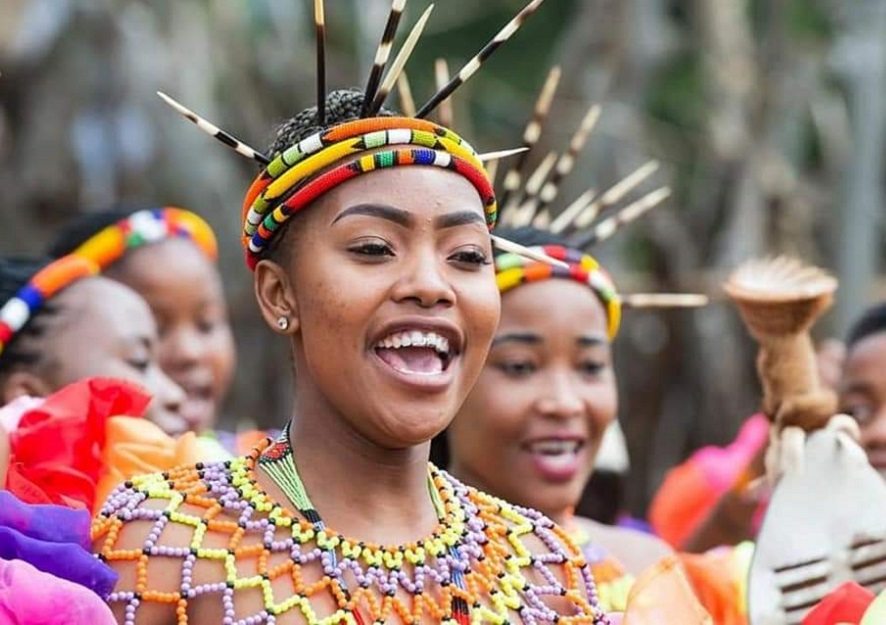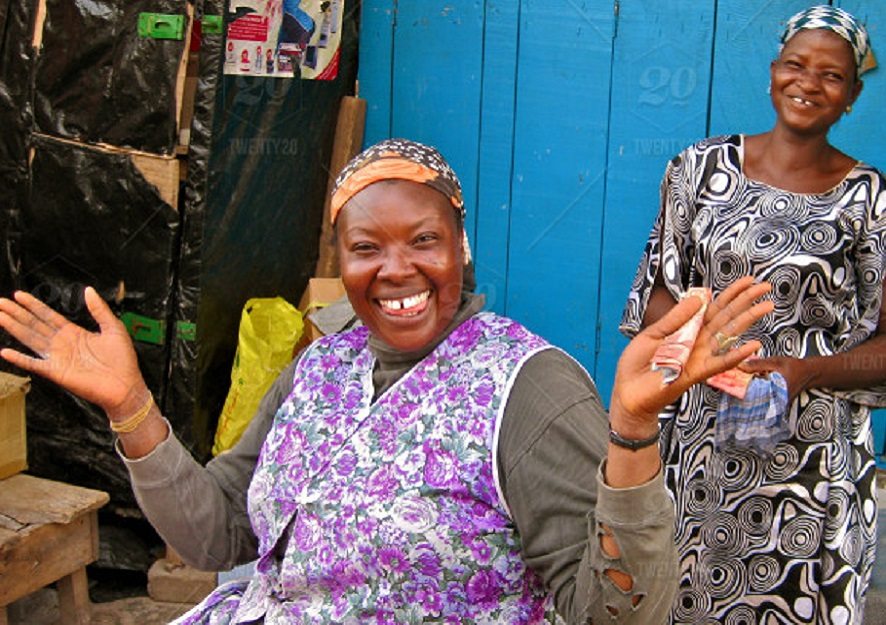Culture is a community’s way of life. It could be traditional, modern or a combination of the two. During the course of the year, we featured different culture stories and quite a number captured the interest of our readers for one reason or another.
Below are our top 10 most-read culture stories for 2020:

Did you know Country music is rooted in Black culture?
You could be forgiven as a person of color to assume that Country Music is White people’s music. This is the general assumption because the sector is heavily dominated by Whites.
Make no mistake about it; Country music has an African imprint.
Its popularized roots originated in the Southern United States of the early 1800s so much so that Country music was “introduced to the world as a Southern phenomenon.” But like all other things in the south, built primarily on enslaved labor, people of African stock rocked the sounds that will be branded country music.

Ubang, the Nigerian community where men and women speak different languages
Generally, the difference between a man and woman all over the world is their sexes but in Ubang, a rural community in southern Nigeria, it is more than that. In the farming community located between two mountains in Obudu Local Government Area, Cross River State, Nigeria, men and women speak different languages and they understand each other perfectly.
Numbering more than five thousand, inhabitants say the words that form the two languages were given by God, and no one language is superior to the other.

Meet the Guinean brothers who created the first-ever alphabet for their native Fulani language
Abdoulaye and Ibrahima Barry are brothers from Guinea belonging to the Fulbhe or Fulani people. Their people were originally nomadic pastoralists who later spread across West Africa and settled in countries stretching from Sudan to Senegal and along the coast of the Red Sea.
About 50 million Fulbhe people in many African countries speak Fulfulde, also known as Fulani, Fula and Pular. Until recently, they never had a script for their language and resorted to using Arabic and sometimes Latin characters to write in their native tongue.

Akara, the street snack for West Africans serving as food for the gods in Brazil
It will stun many that the bean cake called akara among the Yoruba, kosai in Hausa, acarajé in Brazil and kose in Ghana is not just street food, but also serves a religious function or better put serves as food for the gods.
It is popular with the Yoruba people of south-western Nigeria and Sierra Leoneans. In Ghana, it is a popular breakfast dish, eaten with millet or corn pudding while in Nigeria it is eaten with bread, ogi or eko, a type of cornmeal made with fine corn flour.

The fascinating history and culture of the Ewe in Ghana, Togo, Benin and Nigeria
Numbering over six million strong, the Ewe people inhabiting southern Togo, southern Benin, southwest Nigeria, and south-eastern parts of the Volta Region of Ghana are an ethnic group with a patrilineal society governed by a hierarchal, centralized authority.
‘Anlogbe’ is a dialect of the Ewe language, itself part of the Gbe language cluster. The Ewe language ‘Ewegbe’ belongs to a member of the Kwa family of Sudanic languages which constitute a sub-family of the Niger-Congo family of the Congo-Kordofanian language family of Africa.

A look at the fascinating naked tribes of Nigeria
The mind goes back to prehistoric days when there’s a mention of naked people.
According to historical accounts, the use of clothing to cover the body has been one of the changes that marked the end of the Neolithic and the beginning of civilization.

The Bijagos of Guinea-Bissau where women rule and choose their own husbands
Once a woman becomes a mother among the Bijagos in Guinea-Bissau, she is given the maximum respect and gets immense prestige. And being a women-controlled society, the birth of a female is especially significant, given that she would grow up to become a major figure in the organization of family and village life.
Located in the Atlantic Ocean off the African coast, the Bijagos archipelago is made up of twenty main islands and some smaller ones. And despite the years of influence from Portuguese colonialism, women of the archipelago have the upper hand in social welfare, the economy, and the law.

Five of Africa’s biggest ethnic groups that are truly transnational
Colonization did not allow African nations to organically form and take on identities symptomatic of a peoples’ values and history. European politicians, having arrogated to themselves the right to split the continent, also determined the future of nations in Africa.
The Berlin Conference of 135 years ago set Africans on an irreversible path.

Yemoja: The Yoruba water goddess celebrated by Afro-Brazilians every New Year’s Eve
Every New Year’s Eve in Rio de Janeiro, millions of celebrants in Brazil mark festivities in the name of the sea goddess Iemanja. But not many people know that she was taken to the New World by Yoruba slaves from Africa.
The celebrations on December 31 in Rio reportedly took in almost 3 million people, who danced, sang and chanted into the first day of 2020.

Four ancient African languages – older than English – but spoken till this day
By some counts, there are more than 3,000 African languages although most linguists on the continent and other places believe the number goes just a little beyond 2,000.
All the same, linguistic evolution on the continent has been taking place for over 5,000 years. Some of the languages that were used by the ancestors of old are no more spoken.










